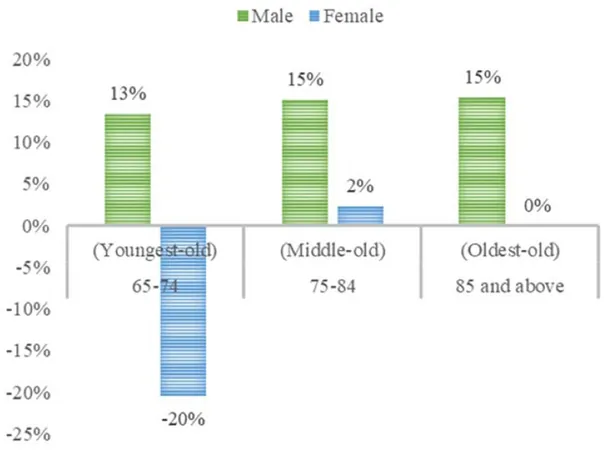
New Study Reveals Lorcaserin's Ineffectiveness in Treating Cocaine Use Disorder
2024-10-07
Author: Siti
In a striking case highlighting the struggles of individuals with cocaine use disorder (CUD), a 28-year-old Black man, whom we’ll refer to as "Mr. Jones," has battled addiction since the age of 19. His history includes severe episodes of substance-induced psychosis that led him to believe he was a deity. Currently, he consumes 1 to 2 grams of cocaine weekly and also suffers from a comorbid alcohol use disorder. After previously attempting treatment with naltrexone without success, Mr. Jones seeks alternative pharmacological options.
Unfortunately, the reality for many individuals like Mr. Jones is grim. Cocaine use disorder is linked to increased morbidity and mortality rates in the United States, but effective medication options remain elusive. The FDA has yet to approve any medications specifically for CUD, sparking a pressing need for new treatment developments.
A glimmer of hope emerged from preclinical studies suggesting that lorcaserin, a serotonin 5-HT2C receptor agonist previously marketed for weight loss until 2020, might help reduce the subjective effects of cocaine and lower impulsivity in users. This raises awareness, especially since alcohol use disorder often coexists with CUD.
In response to this urgent need, researchers, led by McCann et al., conducted a comprehensive 12-site, randomized controlled trial to evaluate the efficacy of lorcaserin in treating individuals with CUD. Over the course of this meticulous study, a total of 593 subjects were screened, with 242 entering the randomized phase after a single-blind placebo run-in.
Participants received treatments over 13 weeks, with assessments throughout the study. The primary outcome measured was the proportion of abstinent individuals from cocaine during the last three weeks of treatment. Participants adhered to weekly check-ins that included urine tests for cocaine metabolites and cognitive behavioral therapy sessions to aid in abstinence.
Despite considerable hope, the results were disappointing: lorcaserin did not significantly improve abstinence rates compared to placebo, showing only a 1.1% success rate versus 4.3% for the placebo group. No notable difference was observed in craving severity between the lorcaserin and placebo groups. Even among individuals attempting to abstain from alcohol, there was no significant difference in outcomes.
While adherence to the regimen was relatively high at 77%, and participants tolerated lorcaserin well, findings suggest that perhaps higher dosages could yield different results. However, given lorcaserin's market withdrawal, its future in CUD treatment seems bleak.
This study underscores the challenges facing the treatment of cocaine use disorder and the urgent need for effective, approved medications. As CUD continues to affect countless lives, researchers and healthcare professionals must seek innovative therapies that can provide better outcomes for individuals struggling with addiction.
In summary, while lorcaserin was a well-tolerated option in the study, it ultimately proved ineffective in helping individuals achieve sobriety from cocaine. The quest for effective pharmacotherapy in cocaine use disorder continues, and the community remains hopeful for future breakthroughs that will pave the way for better treatment options.






 Brasil (PT)
Brasil (PT)
 Canada (EN)
Canada (EN)
 Chile (ES)
Chile (ES)
 España (ES)
España (ES)
 France (FR)
France (FR)
 Hong Kong (EN)
Hong Kong (EN)
 Italia (IT)
Italia (IT)
 日本 (JA)
日本 (JA)
 Magyarország (HU)
Magyarország (HU)
 Norge (NO)
Norge (NO)
 Polska (PL)
Polska (PL)
 Schweiz (DE)
Schweiz (DE)
 Singapore (EN)
Singapore (EN)
 Sverige (SV)
Sverige (SV)
 Suomi (FI)
Suomi (FI)
 Türkiye (TR)
Türkiye (TR)